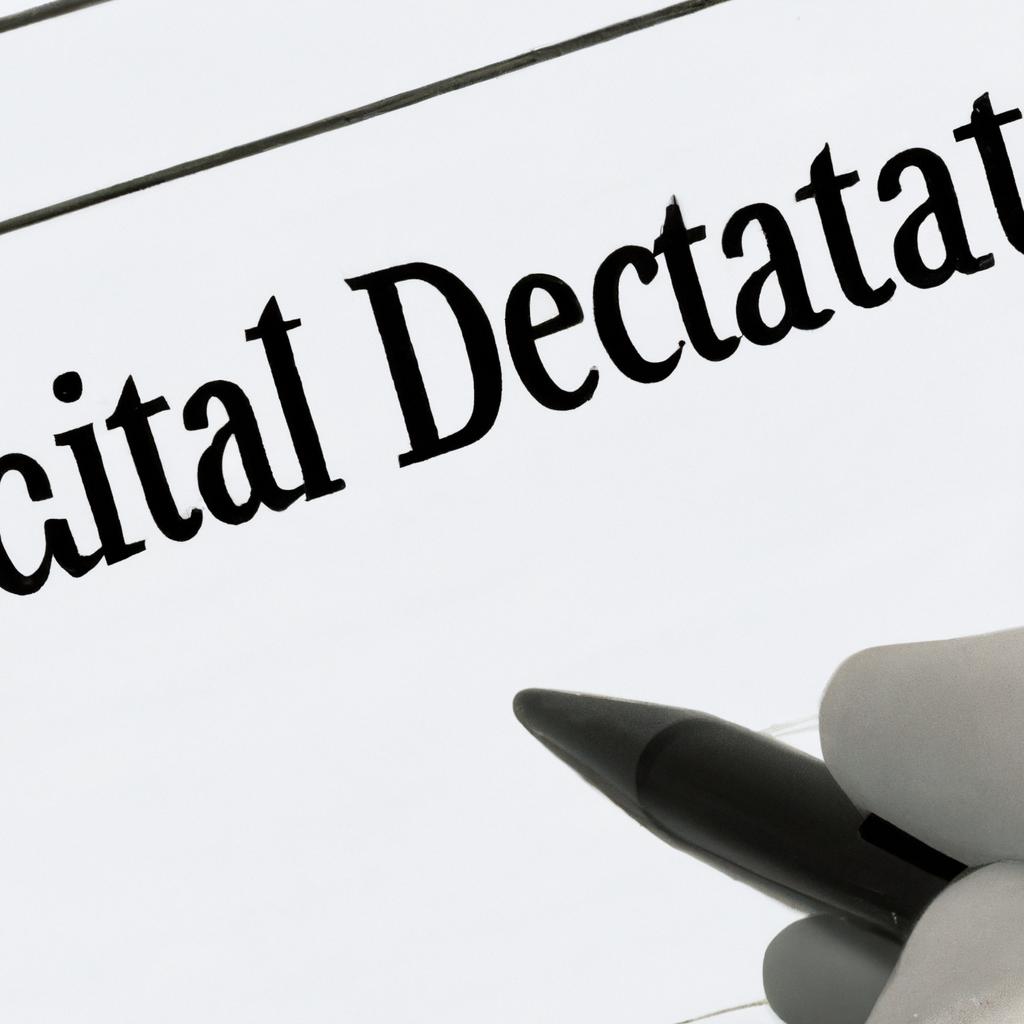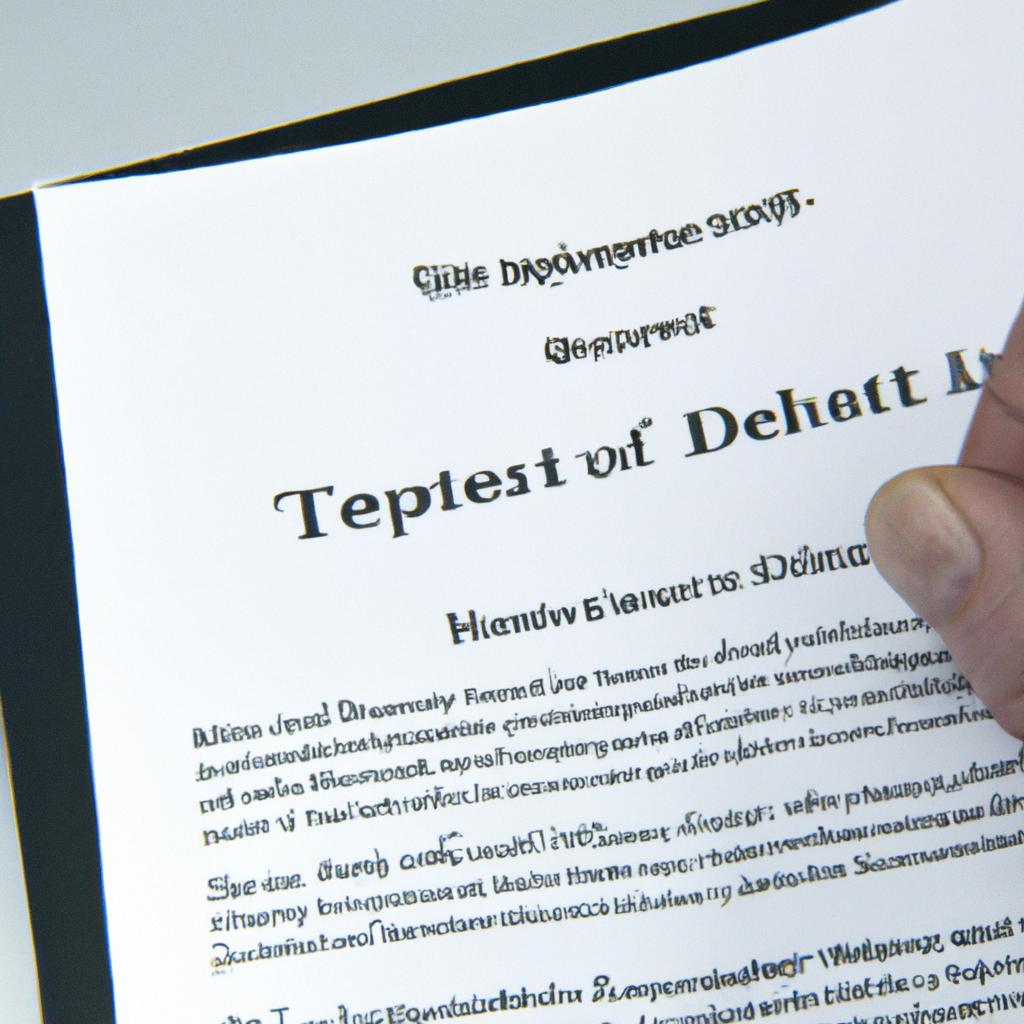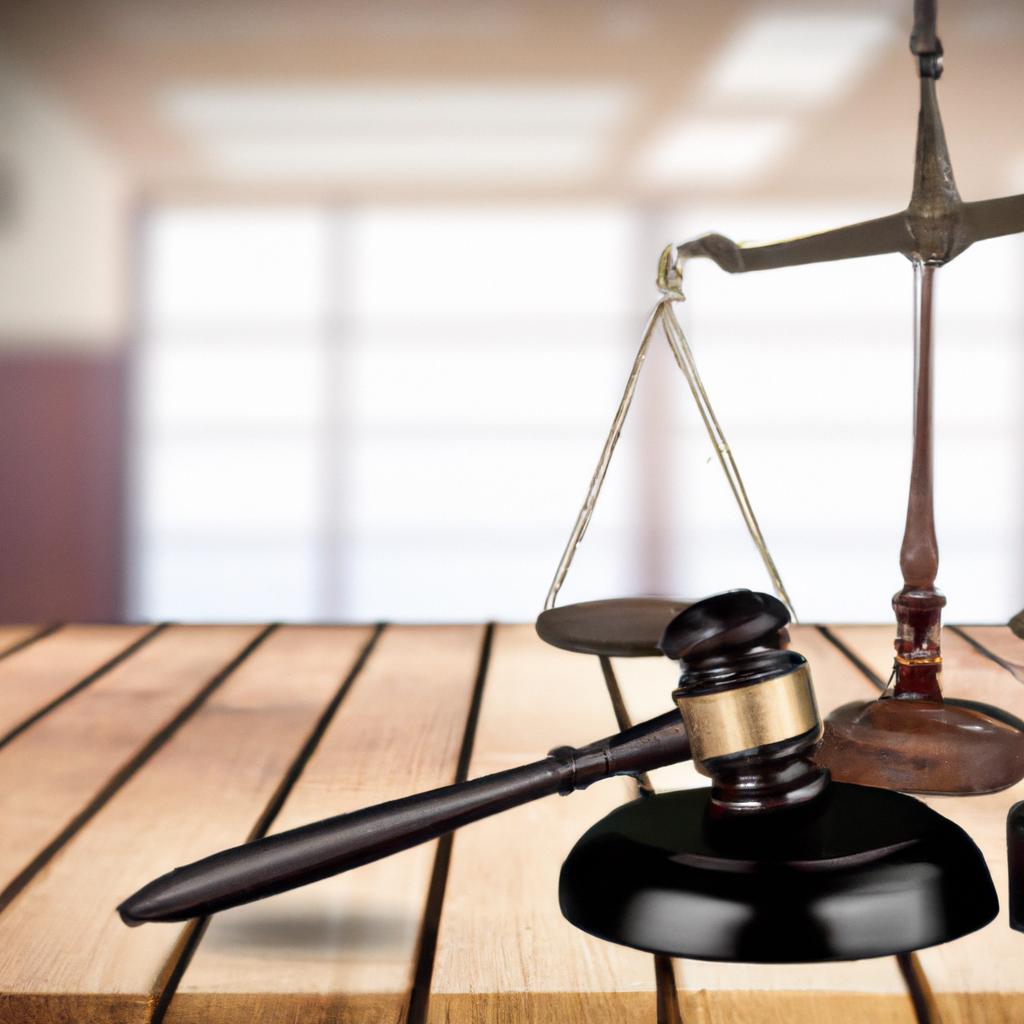When a loved one passes away, navigating the legal landscape can be overwhelming for those left behind. One crucial document that often becomes the focal point of this process is the death certificate. In the intricate tapestry of estate planning, probate, elder law, Wills, and trusts, the necessity of a death certificate cannot be overstated. At Morgan Legal Group in New York City, we understand the significance of this document and the role it plays in ensuring a smooth transition of assets and settling of affairs. In this article, we unravel the complexities of who needs a death certificate and why it is essential in the realm of law and estate planning.
Determining Legal Requirement for Death Certificates
When it comes to determining the legal requirements for death certificates, it is crucial to understand who actually needs to obtain one. Death certificates are official documents that provide vital information about the deceased individual, including their name, date of birth, date of death, and cause of death. These certificates are typically required for a variety of legal purposes, such as settling the deceased individual’s estate, claiming life insurance benefits, and applying for survivor benefits.
Individuals who may need to obtain a death certificate include:
- Immediate family members of the deceased
- Beneficiaries named in the deceased individual’s Will
- Executors or administrators of the deceased individual’s estate
- Life insurance companies
- Social Security Administration

Importance of Death Certificates in Estate Planning
In the world of estate planning, a death certificate is a crucial document that plays a significant role in the distribution of assets and settling of debts. It serves as proof of a person’s passing and is necessary for handling various legal and financial matters. Here are the individuals who typically require a death certificate:
- Beneficiaries of the deceased individual’s estate
- Financial institutions
- Insurance companies
- Creditors
Obtaining a death certificate promptly is essential to avoid delays in the administration of the estate. Failure to provide a death certificate when required can result in complications and prolonged legal processes. Therefore, it is advisable to work with an experienced estate planning attorney, like the professionals at Morgan Legal Group, to ensure that all necessary documents, including death certificates, are properly obtained and filed.

Practical Considerations for Obtaining Death Certificates
In order to settle a deceased individual’s affairs, it is crucial to obtain a death certificate. This legal document serves as proof that the person has passed away and is necessary for various practical considerations, such as:
- Claiming life insurance benefits
- Settling the deceased’s estate
- Transferring property ownership
- Applying for survivor benefits
- Closing bank accounts and canceling services
It is important to note that not only family members or beneficiaries may need a death certificate. Other entities, such as banks, insurance companies, and government agencies, may also require this document in order to process various transactions or benefits related to the deceased individual. In order to efficiently navigate the process of obtaining death certificates, it is advisable to seek the guidance of experienced legal professionals, such as Morgan Legal Group in New York City, who specialize in estate planning and probate matters.

Steps to Ensure Proper Handling of Death Certificates
When it comes to the proper handling of death certificates, it is crucial to understand who needs this important document. Death certificates are necessary for various legal matters and administrative purposes. Here are some key individuals and entities that typically require a death certificate:
- Immediate family members of the deceased
- Government agencies for official record-keeping
- Insurance companies for processing claims
- Financial institutions for closing accounts
Ensuring that the appropriate parties receive a copy of the death certificate is essential to facilitate the necessary processes following the passing of a loved one. By understanding who needs a death certificate, you can navigate the administrative responsibilities more efficiently and effectively during this difficult time.
Q&A
Q: Who needs a death certificate?
A: Anyone who needs to officially record the passing of a loved one or verify their death for legal or administrative purposes.
Q: What are some common reasons someone may need a death certificate?
A: Common reasons include settling the deceased person’s estate, claiming life insurance benefits, accessing retirement funds, closing bank accounts, transferring ownership of property, and applying for social security benefits.
Q: Are death certificates only needed for adults?
A: No, death certificates are also needed for children and infants who pass away. These certificates are often required for legal and medical purposes.
Q: Can I get a death certificate for someone who passed away in another state or country?
A: Yes, death certificates can usually be obtained from the vital records office in the state or country where the death occurred. However, there may be additional requirements or fees for out-of-state or international death certificates.
Q: How long does it take to get a death certificate?
A: The processing time for a death certificate varies depending on the state or country issuing it. In some cases, it may take a few days to a few weeks to receive a death certificate.
Q: Can I get a death certificate if I am not a family member of the deceased?
A: In most cases, only immediate family members or legal representatives of the deceased can request a death certificate. However, certain individuals or organizations may be able to obtain a death certificate with proper authorization or documentation.
In Summary
In conclusion, the importance of a death certificate cannot be understated. While it may not be a document we eagerly anticipate obtaining, it serves a crucial purpose in various aspects of life. From legal matters to insurance claims, the death certificate is a vital piece of documentation that ensures the deceased’s affairs are properly settled. So, next time you question who needs a death certificate, remember that it is a necessary instrument that helps bring closure and resolution during difficult times.

